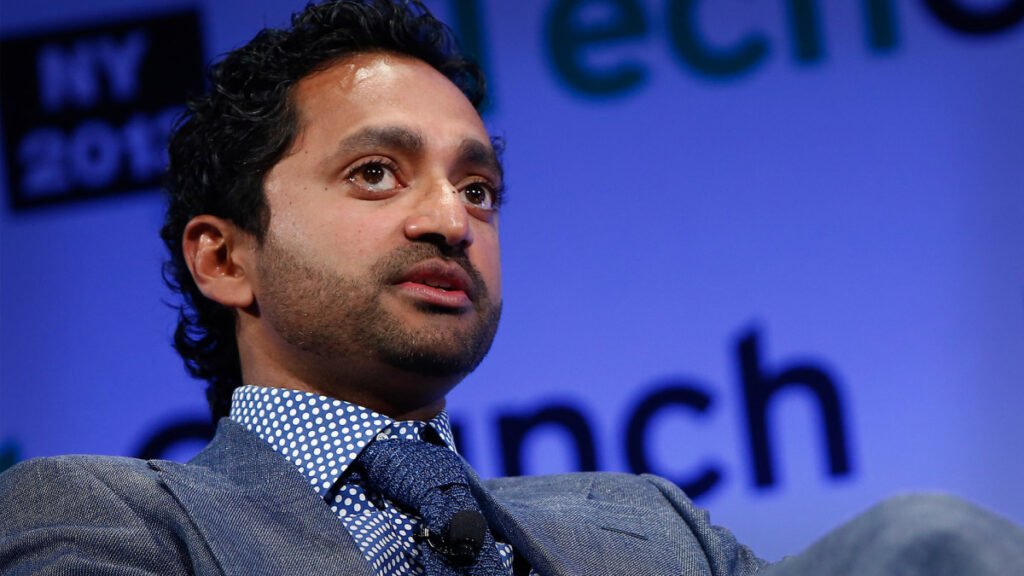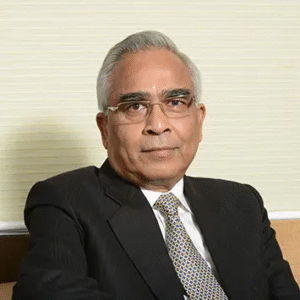Social Capital’s Chamath Palihapitiya, who has been credited for popularizing the special purpose acquisition company (SPAC) as a speculative investment vehicle during the pandemic, is returning to Wall Street after a tumultuous few years for the revolution he helped start.
The early Facebook employee-turned-venture capitalist is seeking $250 million for American Exceptionalism Acquisition Corp. A AEXA. The proceeds from the SPAC IPO will be used to acquire a business in a strategically-important field for the U.S., sectors like DeFi, AI, defense, or energy production.
However, unlike in the past, Chamath’s latest SPAC comes with warnings for retail investors. If the past is any indication, they might want to read the fine print.
What warning is in the SPAC filing?
Every company that goes public, including SPACs, is made to file with the Securities and Exchange Commission (SEC). Inside the AEXA filing is a pretty jarring disclosure, one specifically calls out the risks to retail investors.
This is the phrasing, word-for-word:
“We believe that this investment is most suitable for institutional investors, and retail investors should approach with caution, if at all. If they do lose their entire capital, they will embody the adage from President Trump that there can be “no crying in the casino.”
That warning, which cannot be found in any resemblance to Palihapitiya’s ten previous SPAC prospectuses, is as dramatic a warning about risk as you might find.
What’s more, it’s a targeted warning made out to the very retail crowd that supported the Social Capital CEO’s first forays into SPAC land, drawn by the speculative allure of the vehicles (and sold on the then-rising star.)
Of course, it was individual investors who bore the losses when many of Palihapitiya’s SPACs did take a turn for the worse, running into the brick wall of market realities, including worse-than-projected growth and higher interest rates.
What is Palihapitiya’s SPAC track record?
AEXA will be Palihapitiya’s first SPAC in three years and his 11th overall.
Before that, Palihapitiya helped bring the fintech and neobank play SoFi Technologies (SOFI) to markets, which has more than doubled from its SPAC price and become a crowd favorite with the retail crowd.
Unfortunately though, it remains the only Chamath SPAC in the green. His nine other shots on goal are trading well below their deSPAC price, with Bloomberg saying that the median loss on these investments from IPO were 75%.
Those firms include Opendoor (OPEN) , Virgin Galactic (SPCE) , Clover Health (CLOV) , and ProKidney Corp (PROK) — down 65%, 98%, 74%, and 74% since their respective IPOs. And one SPAC backed by the All In Podcast host, Aliki, was bought for crumbs as it fell on hard times.
Their poor performance became one reason why Social Capital withdrew two SPACs without finding a target, returning over $1 billion to investors.
Don’t Call it a Come-SPAC
Chamath used to be a first-mover in this regard. Today, he’s late to the party. Per data from SPAC insider, 2025 has already seen 81 SPAC IPOs, which have raised a combined $16.15 billion. That’s more than was raised in 2023 and 2024.
Driving the demand are conservative-leaning financiers like Cantor Fitzgerald’s Brandon Lutnick and Donald Trump Jr,, the son of President Donald Trump. They are seen advising, sponsoring, and cashing in on the fresh bout of SPAC speculation in the market.
That’s likely a contributing factor in Chamath’s return. Once called the “SPAC King”, the financier’s embrace of conservative politics on the “All In Podcast” has helped him score a new audience of prospective investors seeking access to the burgeoning “America First” theme.
Whether or not they heed his warnings is another thing. But as investments go, SPACs are like roulette. Only this time, investors can’t say that they didn’t know any better; those coming along for the ride can only hope that the 11th time really will do the trick.















